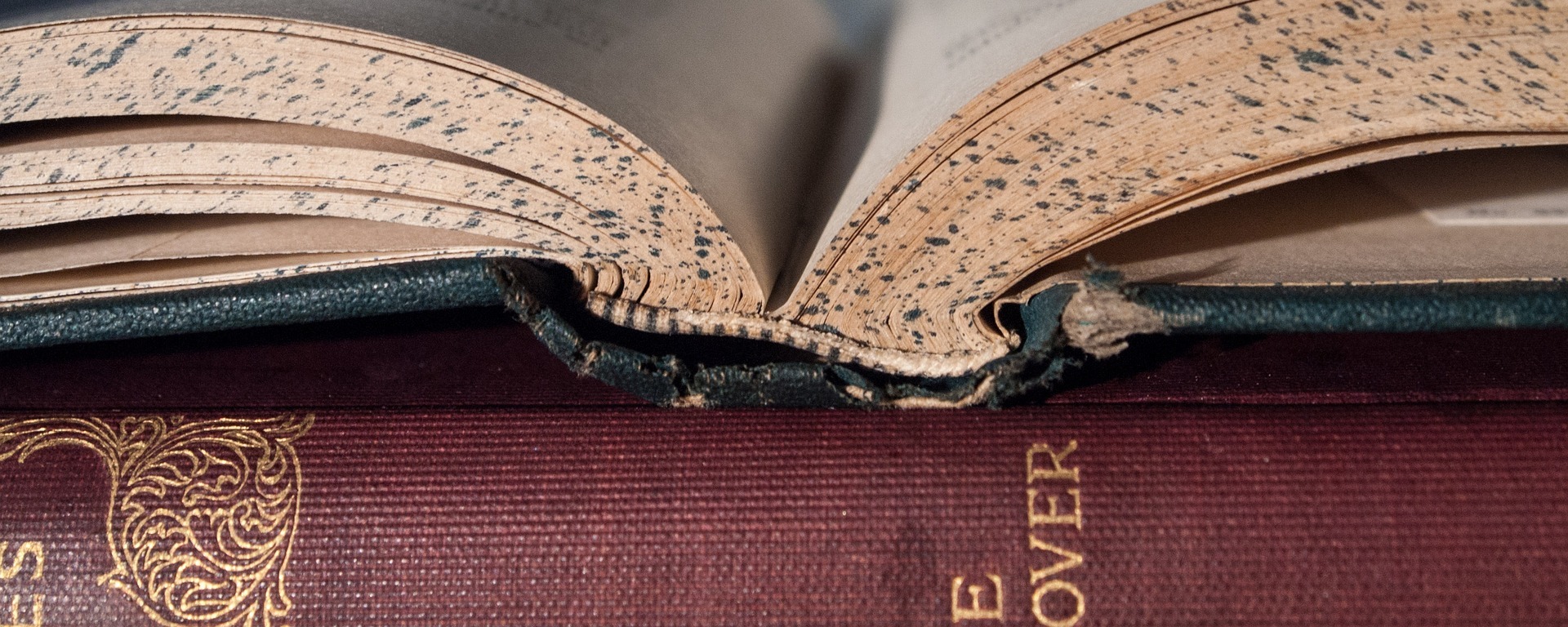The Glossary of CAFCASS
Posted on 1st June 2023
Children and Family Court Advisory and Support Service (Cafcass) – This is an organisation which works with children and young people and their families, and then advises the family court on what it considers to be in the best interests of each child.
Cafcass worker – Depending on what the family court has ordered Cafcass to do, the Cafcass worker (sometimes known as a practitioner or officer) can be known as a family court adviser or a children’s guardian (for more detail, look for their descriptions).
Care and Supervision (section 31) application duration – Average duration of all Care and Supervision (section 31) applications completed in defined period. The duration is defined by the number of calendar weeks between the application being received and the application being completed. Where the application does not have a completion date on Cafcass’ system, the closure date of the case is used.
Child arrangements order – When people can’t agree on where a child might live or who they should see, the family court might be asked to decide. The judge will look at what is best for the child or young person and make a decision setting out what people must do.
Children’s guardian – Sometimes when the problems within a family are really difficult then the family court will ask for a children’s guardian to help them. The children’s guardian is an independent person who is there to keep the court focused on what is best for the child or young person. They will also appoint a solicitor to act for the young person in court.
Family assistance order – An order which the family court can make to provide short term (usually six months) support to a family who agree to it. This can be from a Cafcass worker or a social worker from the local authority.
Family Court Adviser (FCA) – Sometimes the family court may ask an FCA to meet with a child or young people to talk about their wishes and feelings and to make sure the family court hears what they have to say. The FCA also gives their view to the court about what is best for the child. FCAs do not need to meet all children and young people because sometimes families can agree themselves on what is best.
Guardian’s report – The family court will ask the children’s guardian to write a report to help it make decisions about a child or young person. The report will include information on their wishes and feelings and a recommendation from the children’s guardian on what they think is best for the child. The report will also include information from the other people involved such as the parents and any other individuals such as experts.
Rule 16.4 cases – These are particularly difficult or complicated family court cases where the judge decides to make the child a party to the case under rule 16.4 of the Family Procedure Rules 2010. A Cafcass guardian will be appointed to represent the child in the case
Safeguarding letter – This is a letter that a Cafcass worker will write and send to the family court. They will speak to the parties (usually the parents) and ask about the child or young person’s safety and any worries that they might have.
Section 37 report – The family court orders a local authority to produce this report because they are worried about a child or young person and want to make sure that they are safe. It will involve a social worker usually visiting the child and ensuring everything is okay at home.
Section 7 report – This report is ordered by the family court and makes either Cafcass or the local authority investigate all the circumstances of the family, often including the wishes and feelings of a child or young person, and send a report to the court.
Section 16A risk assessment – a duty held by Cafcass officers to undertake a risk assessment whenever they have cause to suspect that the child concerned is at risk of harm.
Special guardianship order – This family court order allows another person to become a child’s ‘special guardian’. It is for children who cannot live with their birth parents and gives parental responsibility to the special guardian so that they can make decisions alone about the child’s life.
Share this post:



